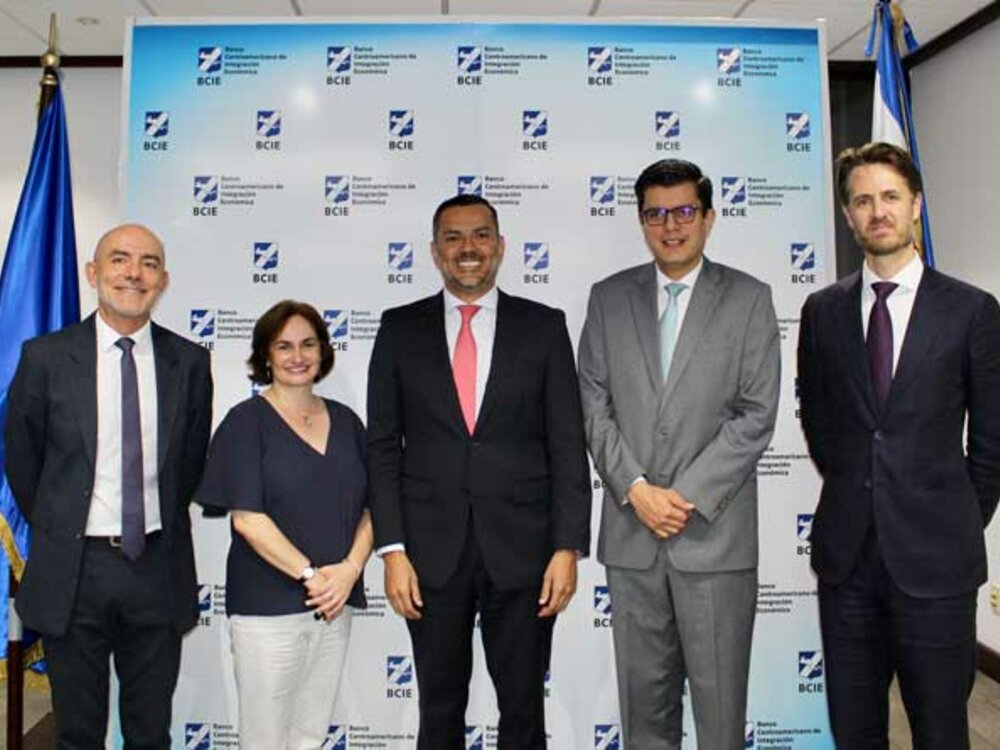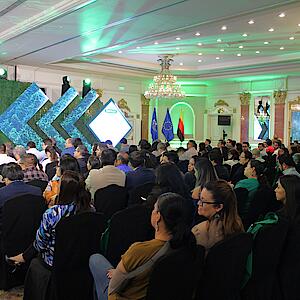Project to promote good energy practices presented in Costa Rica

Joint efforts will be made by MINAE, CABEI and UN Environment to promote good energy practices and greater efficiency in the use of this resource.
San José, August 14, 2019.- The Ministry of Environment and Energy (MINAE) together with the Central American Bank for Economic Integration (CABEI) and the United Nations Environment Program (UN Environment) officially launched the project “Development of an energy efficiency market for lighting, air conditioners and refrigerators in Costa Rica.”
Participants in the event launch included Vice Minister of Energy, Rolando Castro; CABEI Country Manager for Costa Rica, Mauricio Chacón; and UN Environment Representative, Asher Lessels.
The project responds to a national initiative contemplated in the National Energy Plan, whose purpose is to accelerate improvements in energy efficiency within the public procurement programs of the State in order to reduce energy consumption and associated carbon dioxide emissions. In addition, the country assumed the commitment to achieve its decarbonization by 2050, for which it has developed a plan that channels a series of efforts that will allow it to reach this goal.
CABEI Country Manager for Costa Rica stated that, “The project's main objective is to accelerate improvements in energy efficiency through identification of the updating needs in technological equipment and others that would enable public institutions to have more environmentally friendly infrastructure, reducing energy consumption and carbon dioxide emissions.”
Project details
The project has been prepared by MINAE with the support of UN Environment and CABEI. Likewise, the economic resources necessary for its implementation will be provided by the Global Environment Facility (GEF). The project has an execution timetable of 3 years.
The project is divided into four main components: energy diagnosis to identify opportunities for replacement of conventional devices with others of low consumption; training and education program for market actors on the country's obligations of acquiring only efficient equipment; establishment of a revolving fund for the financing of a large-scale replacement program in the public sector; and capacity building in integral waste management at the end of its life cycle, specifically in lighting, refrigeration and air conditioning.





![[Translate to English:] [Translate to English:]](/fileadmin/_processed_/e/3/csm_WhatsApp_Image_2024-04-18_at_2.12.23_PM__2__590ef43ade.jpeg)
